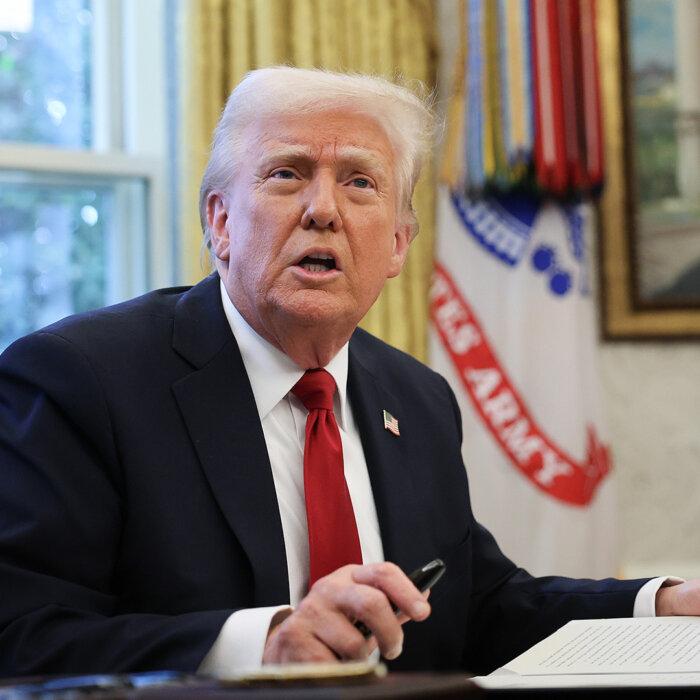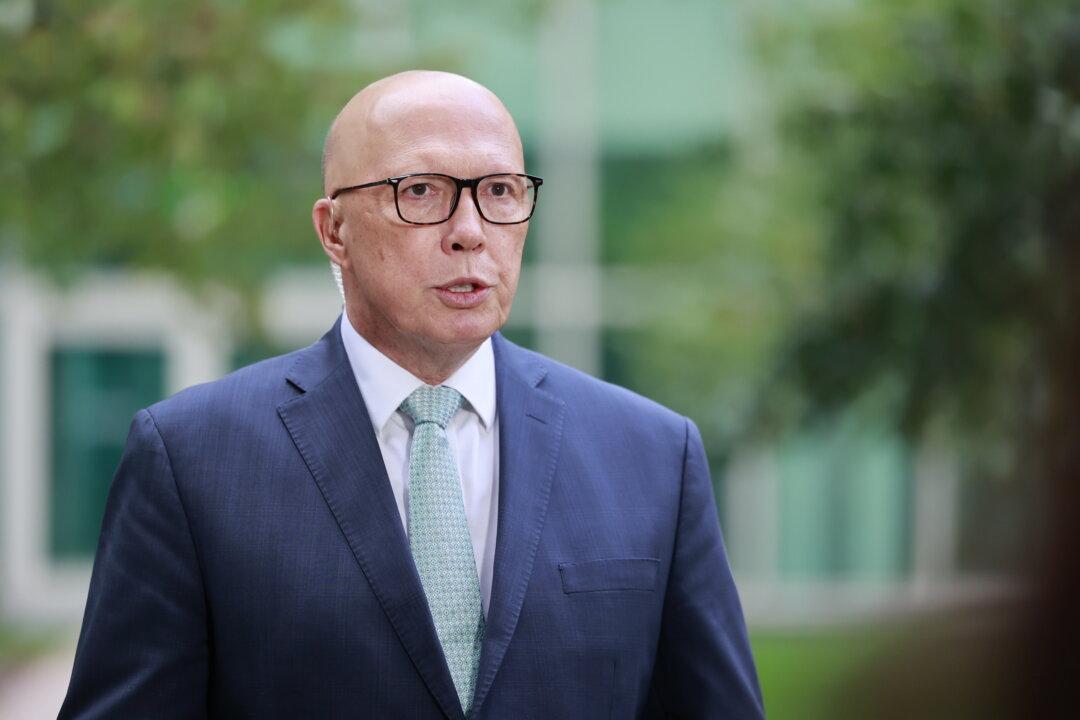Republican Randy Fine Wins Election to Replace Former Rep. Mike Waltz
The victory gives Republicans one additional seat in Congress, bringing their majority to 219–213.

Samuel Taylor Coleridge’s ‘This Lime-Tree Bower My Prison’
An unfortunate accident led the 18th-century poet Samuel Taylor Coleridge to craft a beautiful ode to nature and friendship.

‘The Penguin Lessons’: A Man, a Bird, and a New Perspective
A teacher comes to a boarding school to escape his past in this entertaining and deeply moving film.

A Heartbreaking, Inspiring Retelling of the Chosin Reservoir Withdrawal
Brutal and graphic, Joseph Wheelan’s ‘The Farthest Valley’ is a necessary work of one of America’s most heroic military moments.
Most Read
Top Stories
Republicans Push for Legislative Fix to Nationwide Blocks on Trump Agenda
Democrats countered during an April 1 hearing that Trump is threatening the judiciary’s independence and separation of powers.
Princeton Says Trump Administration Has Suspended Dozens of Research Grants
Federal actions have already taken place against Ivy League schools Columbia and Harvard over harassment of Jewish students.
Sen. Booker Breaks Record for Longest Senate Speech
The speech, which surpassed 24 hours in length, is in protest of President Donald Trump’s agenda.
What to Expect From Trump’s Global Tariffs
Experts say the road to reciprocity will be bumpy but necessary. One, in particular, expects to see early signs of an economic boom before the 2026 midterms.
New FAA Rule Allows Private Jet Owners to Maintain Travel Secrecy
Safety concerns have been raised regarding the tracking of high-profile individuals traveling in private jets.
4 Takeaways From Confirmation Hearing for Trump’s Joint Chiefs Nominee
Trump nominated retired Lt. Gen. John D. ‘Razin’ Caine to be the next Joint Chiefs chairman after dismissing Gen. Charles Q. Brown Jr. in February.
Day in Photos: Gas Pipeline Fire, Volcanic Eruption in Iceland, and Tulip Field in Italy
A look into the world through the lens of photography.
Trump Says Agency Heads Will Work With DOGE After Elon Musk Leaves
The president on Monday provided an update on DOGE and Musk.
Beyond Romance: The Missing Element in Modern Relationships
Nearly a third of marriages end in divorce. What’s going on?
Voters Weigh In on Trump, Musk, Future of Country in Florida, Wisconsin Races
Two congressional seats in Florida and a seat on the Wisconsin Supreme Court are decided by votes on April 1.
▶Shen Yun, a Journey to China Before Communism, Is Wonderful: Rockford Audience
Shen Yun Performing Arts transported the audience at the Coronado Theatre in Rockford, Illinois, on a breathtaking journey through 5,000 years of Chinese civili
▶Everything About Shen Yun Is ‘Glorious and Divine,’ Says Singer
On March 26, Shen Yun Performing Arts showcased ancient Chinese culture through a performance of classical Chinese dance, music, and storytelling.
House Rejects GOP Leaders’ Bid to Block Proxy Voting for Members Who Are New Parents
House Speaker Mike Johnson (R-La.) opposed the resolution, calling proxy voting ‘unconstitutional.’
FTC Chairman Raises Concerns Over Sale of 23andMe DNA Data
The company, which filed for Chapter 11 bankruptcy protection, says that ‘data privacy will be an important consideration in any potential transaction.’
4th Missing US Soldier Found Dead in Lithuania
The discovery was announced on Tuesday afternoon following a weeklong recovery effort.
US Health Agencies Start Terminations
Health Secretary Robert F. Kennedy Jr. recently announced 10,000 workers would be fired.
Judge Dismisses COVID Lawsuit Against Former New York Gov. Cuomo
A proposed class-action lawsuit accused the former governor of mishandling COVID-19 patients in nursing homes.
Tracking Trump’s High Level Appointments, Senate Confirmations
The Senate is undertaking the confirmation process for the president’s new administration.
AG Bondi Orders Prosecutors to Seek Death Penalty in UnitedHealthcare CEO Killing
Attorney General Pamela Bondi has directed federal prosecutors to pursue capital punishment in the alleged politically motivated slaying of Brian Thompson.
Finland Announces Plan to Pull Out of International Landmine Treaty
The move put the Finnish government on the same path as Poland and the Baltic states of Estonia, Latvia, and Lithuania.
When George Washington Calmed a Mutiny
In this first article of the series “When Character Counted,” we visit a moment when a pair of spectacles helped save the American experiment of democracy.
Special Coverage
Special Coverage















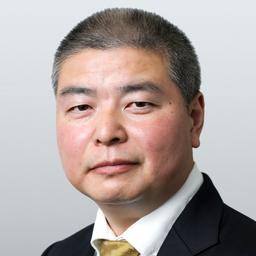














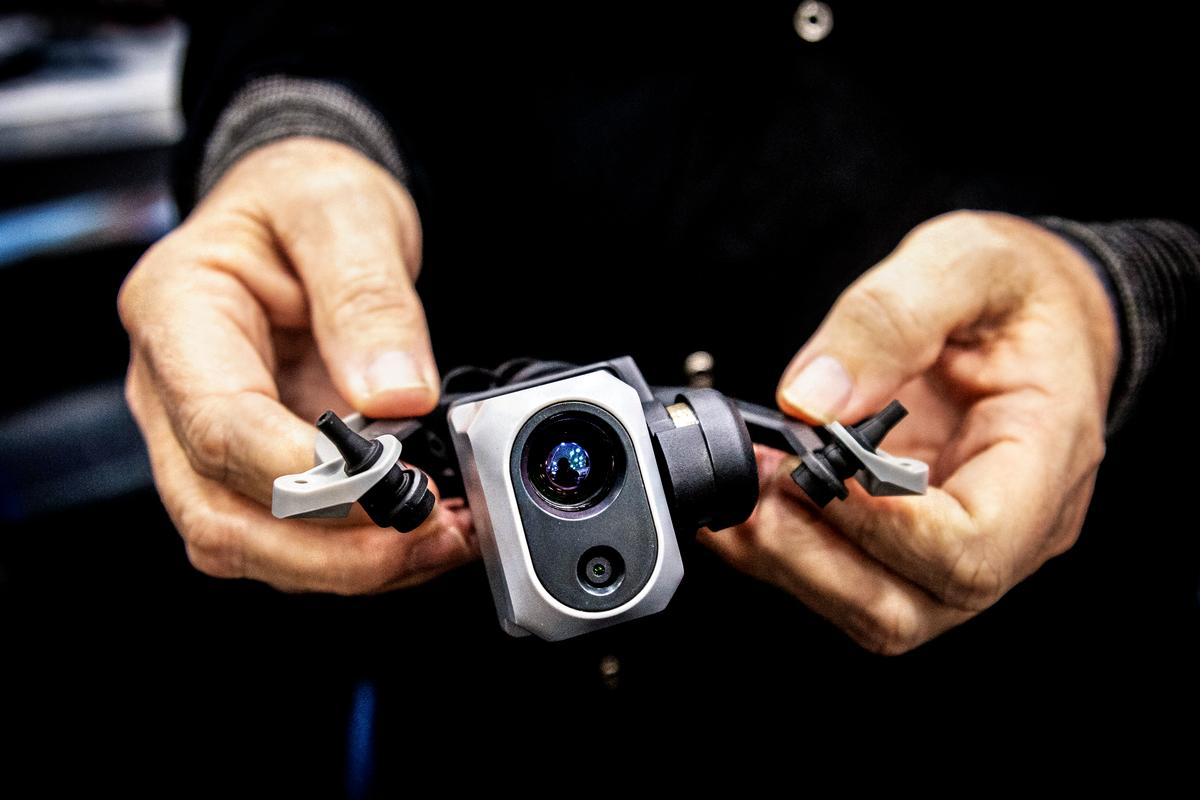








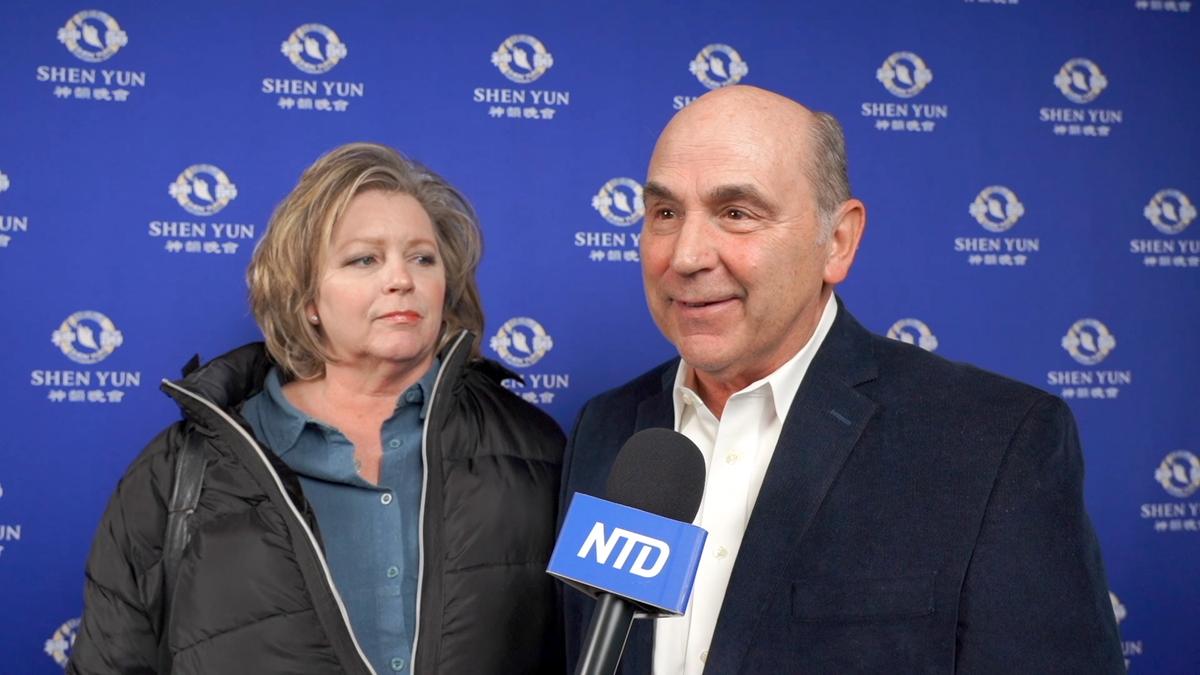












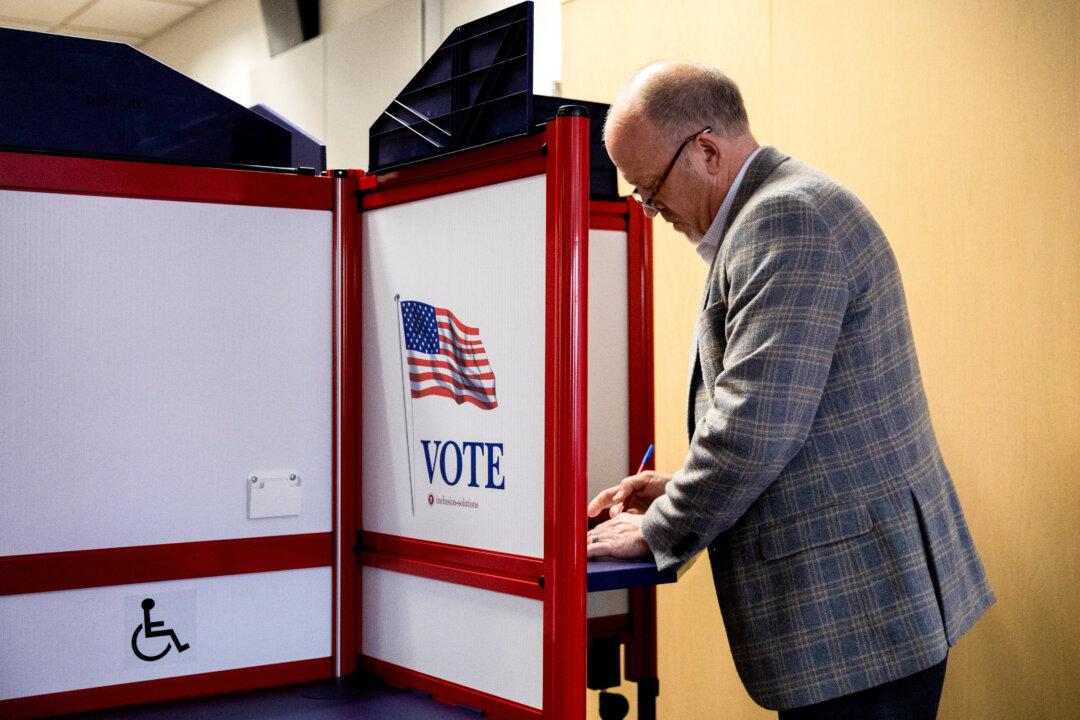







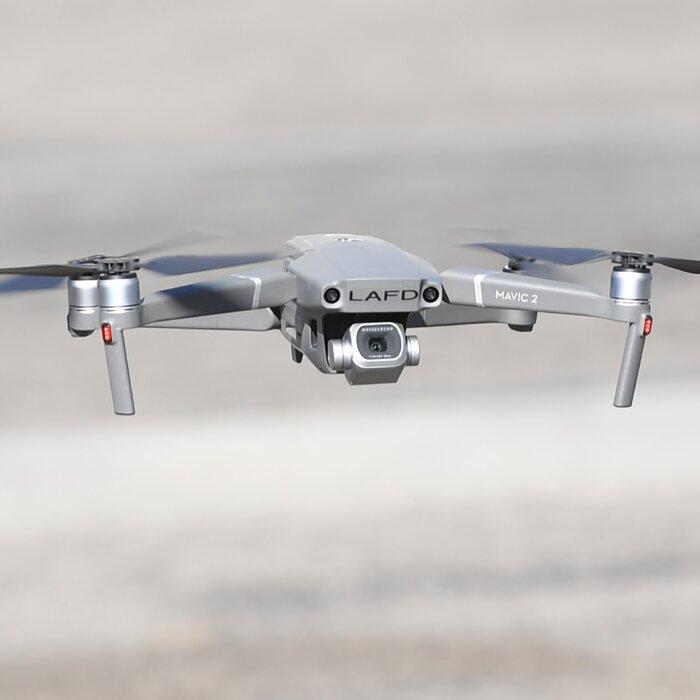
![[PREMIERING 4/1, 9PM ET] Whistleblower Reveals Shocking UN Corruption: Emma Reilly](https://www.theepochtimes.com/_next/image?url=https%3A%2F%2Fimg.theepochtimes.com%2Fassets%2Fuploads%2F2025%2F03%2F01%2Fid5835180-250328-ATL_Emma-Reilly_HD_TN_UPDATED-600x338.jpg&w=1200&q=75)

![[LIVE Q&A 04/02 at 10:30AM ET] ‘Liberation Day’ Tariffs Begin; Trump Vows to ‘Fight It Out’ | Live With Josh](https://www.theepochtimes.com/_next/image?url=https%3A%2F%2Fimg.theepochtimes.com%2Fassets%2Fuploads%2F2025%2F04%2F01%2Fid5835188-040225_REC-600x338.jpg&w=1200&q=75)





















